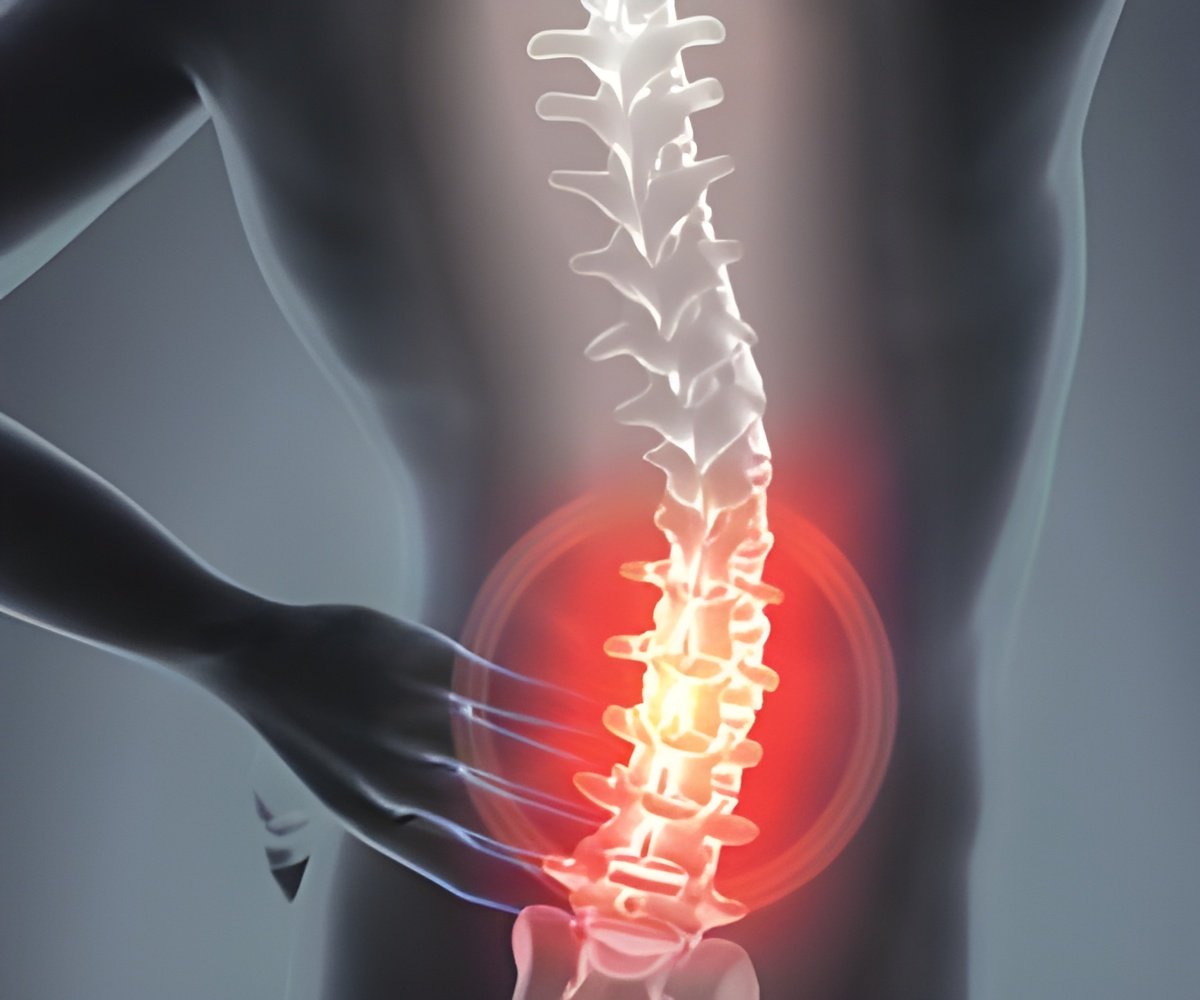
‘During motorcycle accidents, helmet use was found to lower the likelihood of cervical spine injury (CSI), particularly fractures of the cervical vertebrae.’
Tweet it Now
According to National Highway Traffic Safety Administration (NHTSA) estimates, wearing helmets saved the lives of 1859 motorcycle riders in 2016; an additional 802 lives could have been saved if every motorcyclist had worn them. Wearing a helmet decreases the incidence and severity of traumatic brain injury during crashes. What then are the objections to universal laws requiring motorcycle helmet use? Major reasons cited for not requiring helmets while riding a motorcycle include freedom of choice, avoiding any limitation on vision, and a perceived increased risk of receiving a cervical spine injury (CSI). This last reason is based on the belief that the added weight of a helmet might increase torque on the cervical spine.
Risk to the cervical spine is addressed in this study. Over the years there have been a variety of studies on helmet use and CSI in motorcycle crashes, with a couple of reports indicating an increased risk of CSI among helmeted riders and most studies finding no protective effect or harmful biomechanical risk to the cervical spine. Page and colleagues hypothesized that helmet use is not associated with an increased risk of CSI during a motorcycle crash and instead may provide some protection to the wearer. In this paper the researchers provide case evidence to support their hypothesis.
The researchers reviewed the charts of 1061 patients who had been injured in motorcycle crashes and treated at a single Level 1 trauma center in Wisconsin between January 1, 2010, and January 1, 2015. Of those patients, 323 (30.4%) were wearing helmets at the time of the crash and 738 (69.6%) were not. (Wisconsin law does not require all riders to wear a helmet.)
At least one CSI was sustained by 7.4% of the riders wearing a helmet and 15.4% of those not wearing one; this difference in percentages is statistically significant (p = 0.001). Cervical spine fractures occurred more often in patients who were not wearing helmets (10.8% compared to 4.6%; p = 0.001), as did ligament injuries (1.9% compared with 0.3%; p = 0.04); again these differences are statistically significant. There were no significant differences between groups (helmeted vs. unhelmeted riders) with respect to other types of cervical spine injuries that were sustained: nerve root injury, cervical strain, or cord contusion.
Advertisement
Advertisement
Source-Eurekalert














